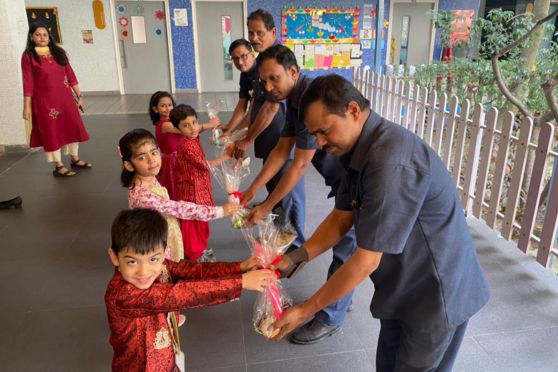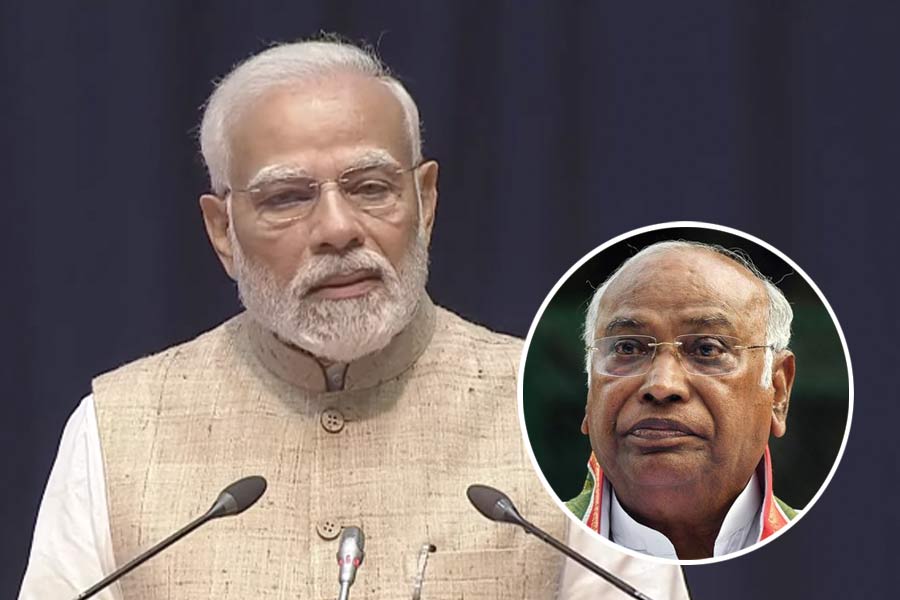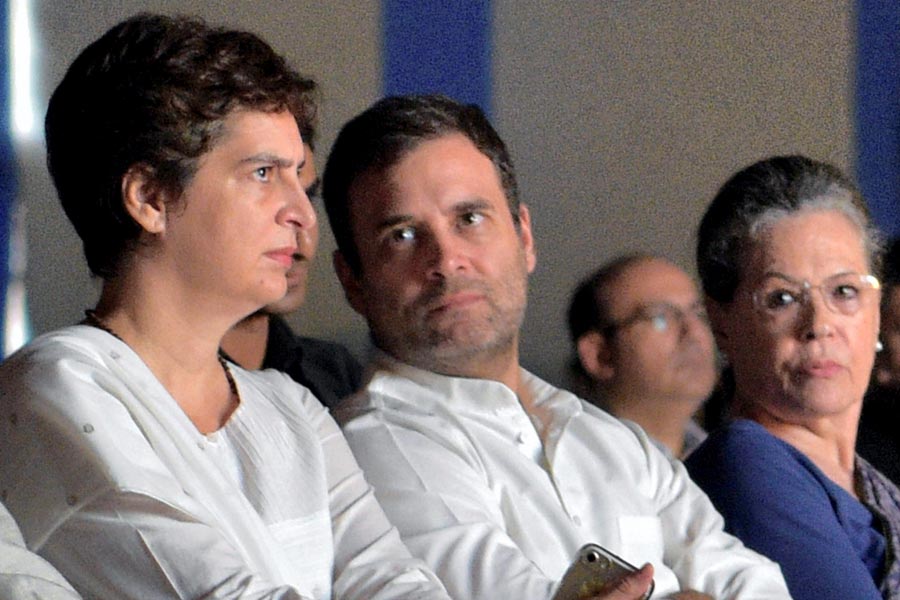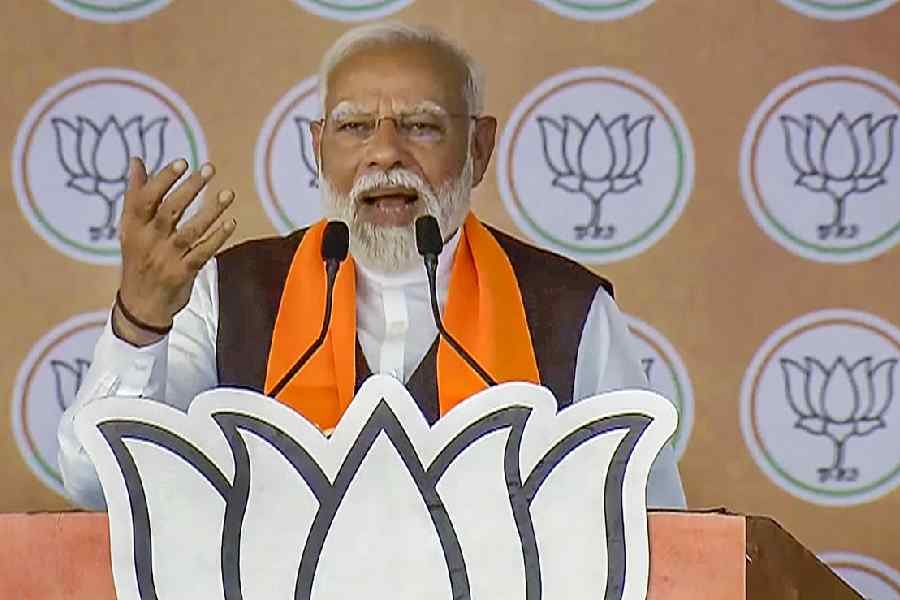A group of retired Supreme Court judges had written a letter to raise the matter of the repatriation of Indian children in the custody of child protection services in Western countries during the New Delhi G20 Summit. There have been instances of Indian children being removed from their families under questionable circumstances. The issue raises concerns about the parent-child relationship, State intervention through child protection services, and the State’s role in parenting. While it is important for the State to ensure children’s well-being, strict norms and extensive powers granted to these services can infringe upon family autonomy. For Indian families abroad, this poses a threat to their cultural autonomy and sense of security; these, in turn, affect India’s geopolitical relationships.
According to the ministry of external affairs, there were 32.2 million Indians residing overseas as of December 31, 2022. The Indian diaspora’s contributions through remittances are crucial to the country’s economy. However, when Indian families live in fear of their children being taken away by foreign child protection services, it affects their economic productivity. Additionally, the legal battles and associated expenses can deplete family resources.
One of the primary concerns about placing Indian children in Western foster care is the preservation of cultural identity. Children are often removed from their homes due to such reasons as neglect, abuse, or parental incarceration. While their safety is paramount, it is also crucial to ensure that they maintain a connection to their cultural heritage. It is thus important for such agencies to deal with the cultural differences sensitively.
A legal solution to the challenge can be found under the ‘right of return’, a customary norm of international human rights law, that is present in international and regional human rights treaties. The Universal Declaration of Human Rights under Article 13(2) phrases the right of return as thus: “Everyone has the right to leave any country, including his own, and to return to his country.” Article 12(4) of the International Covenant on Civil and Political Rights also provides for the ‘right to return’.
International law acknowledges the principle of sovereignty, which affirms that each nation possesses the freedom to self-govern without external interference, as articulated in Article 2 of the UN Charter. It is often contended that child protection agencies within these nations are safeguarded by the State’s sovereign authority. This is why even when distressed parents have sought redress through Indian courts, this course of action has proven to be less effective, given that Indian law only addresses the recognition and the enforcement of foreign awards within Indian jurisdiction. Furthermore, India has not signed the Hague Convention on the Recognition and Enforcement of Foreign Judgments in Civil and Commercial Matters. This, however, may not have offered recourse to aggrieved Indian parents even if India were a signatory. The Convention pertains to civil and commercial matters, while issues related to child abduction are typically considered criminal in nature. Even when a custody dispute falls under civil jurisdiction, Article 2 of the Convention excludes family law matters from its scope.
The issue requires a delicate balance between child welfare and cultural sensitivity. A collaborative approach, cultural competency training, and transparent decision-making can help address the matter effectively. India can leverage its economic clout to improve child protection services globally, thereby encouraging other nations to adopt better methods of reducing vulnerability and ensuring children’s well-being. The Indian government should take the lead in crafting a comprehensive standard operating procedure for child protection services that would serve as a model for other countries to follow.
Aashish Gupta studies at National Law University, Jodhpur










